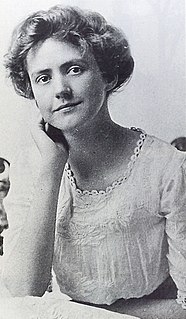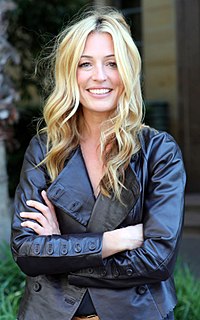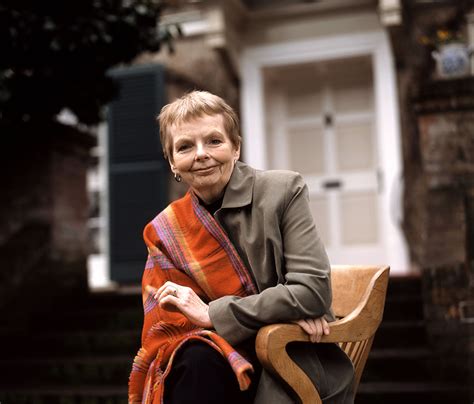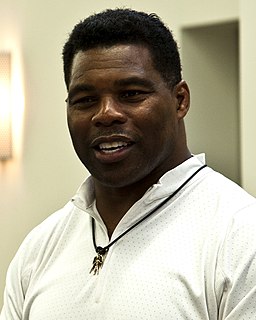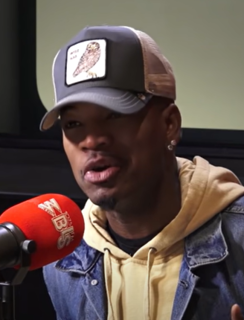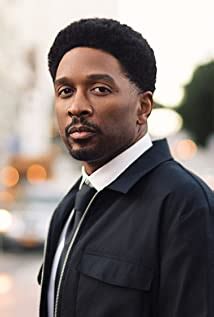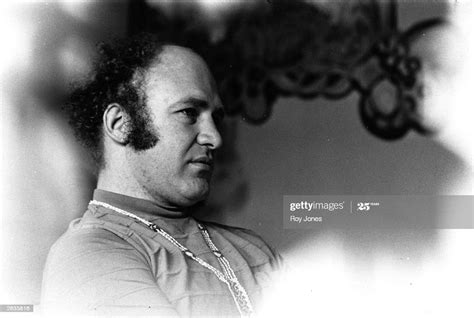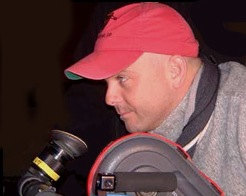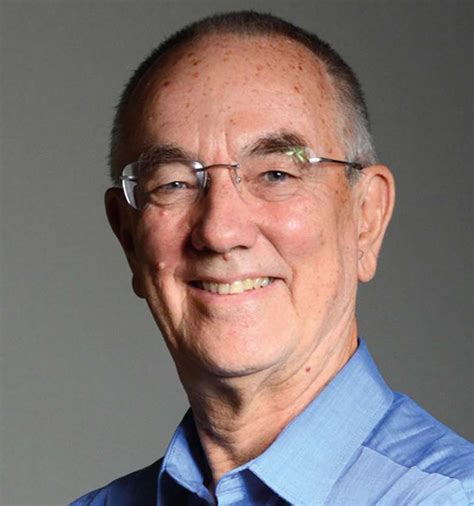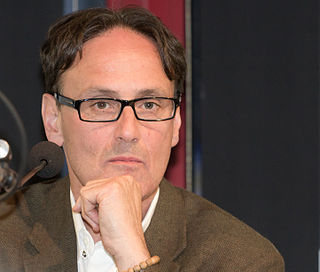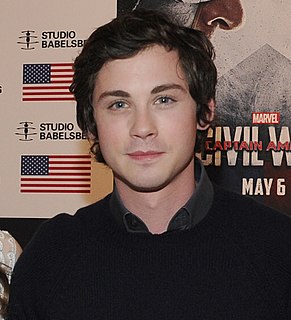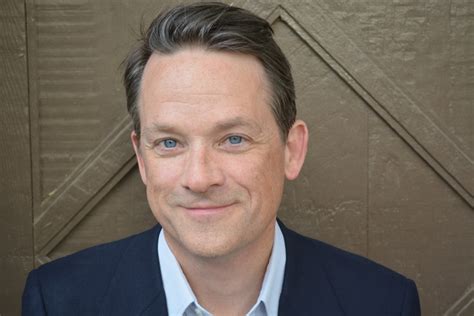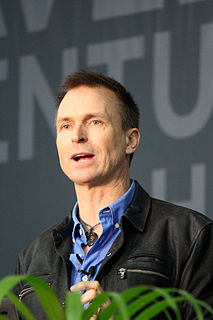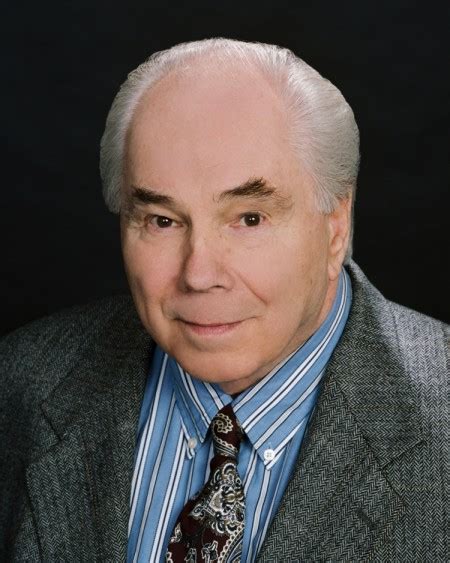Top 1200 Stories Quotes & Sayings - Page 16
Explore popular Stories quotes.
Last updated on December 25, 2024.
Whether you look at 'Glee' and its normalization of gay identity or you look at the work of Martin Scorsese and the Italian-American community, American culture is able to take these stories, which are seen as marginalized, and just turn them into American stories. And you don't think twice about it.
Everything necessary to understand my grandfather lies between two stories: the story of the tiger’s wife, and the story of the deathless man. These stories run like secret rivers through all the other stories of his life – of my grandfather’s days in the army; his great love for my grandmother; the years he spent as a surgeon and a tyrant of the University. One, which I learned after his death, is the story of how my grandfather became a man; the other, which he told to me, is of how he became a child again.
It's the arrangement of events which makes the stories. It's throwing away, compressing, underlining. Hindsight can give structure to anything, but you have to be able to see it. Breathing, waking and sleeping: our lives are steamed and shaped into stories. Knowing that is what keeps me from going insane, and though I don't like to admit it, sometimes it's the only thing.
I'm not interested in stories. Stories are interesting but I don't think my head works that way. I remember at age 10 I dreamt of making animated cartoons as loops, something you could just project on your wall and look at from time to time. Kind of, something to stare at, something that's always there.
Some of the stories I admire seem to zero in on one particular time and place. There isn't a rule about this. But there's a tidy sense about many stories I read. In my own work, I tend to cover a lot of time and to jump back and forward in time, and sometimes the way I do this is not very straightforward.
Literature is conscious mythology: as society develops, its mythical stories become structural principles of story-telling, its mythical concepts, sun-gods and the like, become habits of metaphoric thought. In a fully mature literary tradition the writerenters intoa structure of traditional stories and images.
I'm an optimist and my heroines seem to be that way, too. It's too much work to be cynical and distrusting. That doesn't mean I create perfect stories and perfect people, however. What this means is that my stories are resolved in a manner that leaves the reader with a feeling of hope and happy expectation . . . and wanting to reach for another one of my books.
When you're looking for stories or movies usually the great stories are about people in their 30s or 40s because they've lived more life and they're usually accomplishing more incredible things. But when there's an interesting story about someone that's your age, you immediately - especially when you're younger - are like, "Wow that's crazy! There's not very many of these."
For whatever reason, thus far it's been important to me not to write that kind of collection. Which means that I've spent months playing tic-tac-notecard, trying to get the stories in an order whereby stories that are similar in any given way (diction, narrative stance, setting, plot) are separated by others that aren't.
Almost all of the stories in The Matchmaker, the Apprentice, and the Football Fan are told in the first person, yet, depending on the angle and distance of the narrator, they exert different effects. The best are those in which the speaker never poses as an objective outsider. (...) Other stories are damaged by the urge to distance the narrator.
People are, in the confines of their own apartments, becoming Magellans of the interior world and reaching out to this alien thing and beginning to map it and bring back stories that can only be compared to the kind of stories that the chroniclers of the New World brought back to Spain at the close of the 15th century.
Writers shouldn’t underestimate the difficulty of what they’re doing, and they should treat it with great seriousness. You’re doing something that really matters, you’re telling stories that have an impact on other people and on the culture. You should tell the best stories you can possibly tell and put everything you’ve got into it.
The earliest influence on me was the movies of the thirties when I was growing up. Those were stories. If you look at them now, you see the development of character and the twists of plot; but essentially they told stories. My mother didn't go to the movies because of a religious promise she made early in her life, and I used to go to movies and come home and tell her the plots of those old Warner Brothers/James Cagney movies, the old romantic love stories. Through these movies that had real characters, I absorbed drama, sense of pacing, and plot.
My stories were translated and had many reviews before I had an interview with any international or Arab newspaper. If the stories hadn't succeeded, you wouldn't have asked me my position on Arab festivals and I wouldn't have been interested in the festivals anyway, because I would be in seclusion, writing.
What we have here is a rousing boy's adventure story, adapted from stories that Edgar Rice Burroughs cranked out for early pulp magazines. They lacked the visceral appeal of his Tarzan stories, which inspired an estimated 89 movies; amazingly, this is the first John Carter movie, but it is intended to foster a franchise and will probably succeed.
I fall in love with certain stories. Those stories tend to be connected to my life some way - for instance, with my first book I was writing about the experience of coaching Little League in the Chicago inner city. But the common thread tends to be exploring some kind of mystery. Simple questions that spiral deeper.
Why the connection with musicians? I think it's because in the end we're doing very similar things - we're telling stories, we're using poetic, lyrical language, and we're distilling stories down into their simplest form. We're both telling a story in two languages - word and music for them; and word and image for me.
I view my stories as sexual or personal. Curiously, I don't. When I was writing those stories I thought of them as comedy pieces in the vein of performance monologue, such as you might get with Richard Pryor, or Lenny Bruce, or George Carlin. So I don't feel vulnerable because I know the line of demarcation between "Writer Kevin" and "Narrative Kevin."
It is easy to forget how mysterious and mighty stories are. They do their work in silence, invisibly. They work with all the internal materials of your mind and self. They become part of you while changing you. Beware the stories you read or tell; subtly, at night, beneath the waters of consciousness, they are altering your world.
And in that line now was a whiskered old man, with a linen cap and a crooked nose, who waited in a place called the Stardust Band Shell to share his part of the secret of heaven: that each affects the other and the other affects the next, and the world is full of stories, but the stories are all one.
Yet again, an ancient answer echoes across the centuries: Listen! Listen to stories! For what stories do, above all else, is hold up a mirror so that we can see ourselves. Stories are mirrors of human be-ing, reflecting back our very essence. In a story, we come to know precisely the both/and, mixed-upped-ness of our very being. In the mirror of another's story, we can discover our tragedy and our comedy-and therefore our very human-ness, the ambiguity and incongruity, that lie at the core of the human condition.
